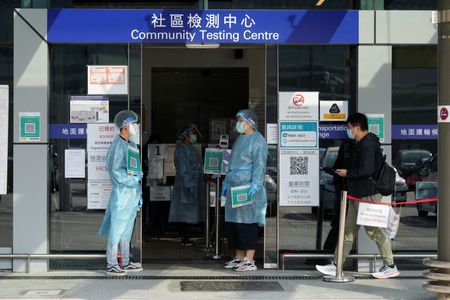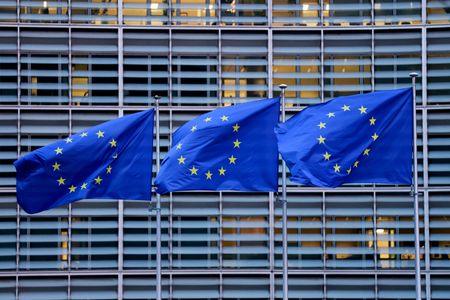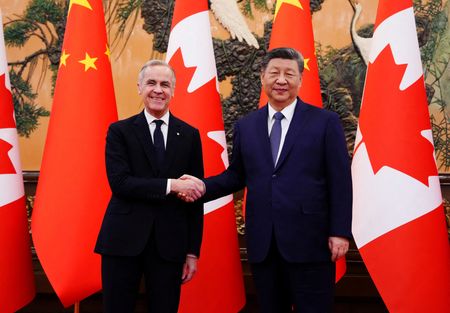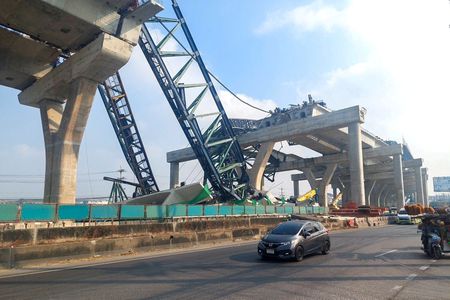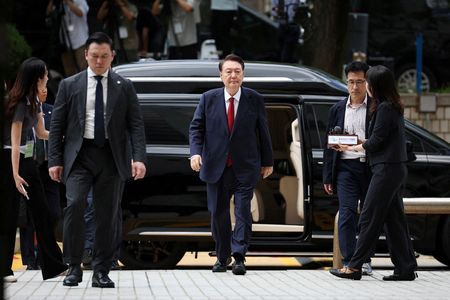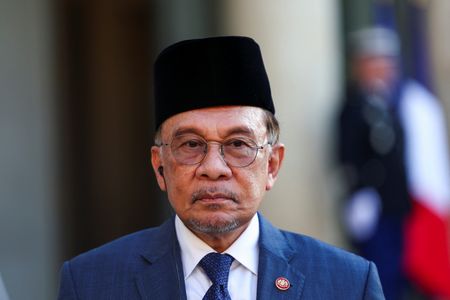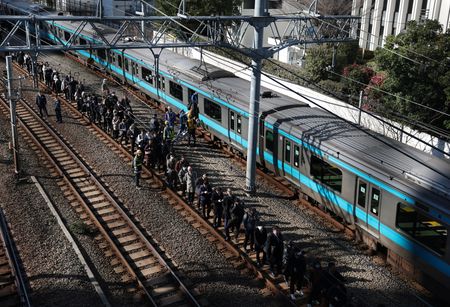By Jessie Pang and Marius Zaharia
HONG KONG (Reuters) – Hong Kong authorities said on Friday the city’s airport will suspend for a month transit flights from around 150 countries and territories considered high risk because of the coronavirus, deepening the global financial hub’s isolation.
Separately, the territory’s leader Carrie Lam said restrictions on social life will be extended through the Lunar New Year holiday at the start of February, traditionally a time for shopping, feasting and family reunions.
“I know this will let a lot of people down,” Lam told reporters.
“Covid is not yet under control.”
To help businesses survive the restrictions, Lam said the government would deliver economic relief measures worth HK$3.57 billion ($459 million), targetted at the establishments asked to close.
Fifteen types of venues, including bars and clubs, cinemas, gyms and beauty salons will remain closed for another two weeks after their current order to shutter expires next Thursday.
Dining in restaurants will also remain banned after 6.00 pm.
Primary schools and kindergartens also remain shuttered.
Lam said if there were no further outbreaks, restrictions would be gradually lifted after the holidays.
The moves come as the city has seen dozens of cases of the fast-spreading Omicron variant since the end of last year.
Prior to the outbreak, which authorities said could be traced back to two aircrew of Cathay Pacific Airways, the city had had no local transmissions for over three months.
Hong Kong International Airport said in a statement on Friday that any persons who have stayed in places classified as high risk by health authorities in the 21 days before travelling cannot transit through the city from Jan.
16 until Feb. 15.
The measure was taken “in order to control the spread of the highly infectious Omicron variant,” it said.
Hong Kong currently classifies more than 150 countries and territories as high risk.
Last week, it banned incoming flights from Australia, Canada, France, India, Pakistan, the Philippines, Britain and the United States, including interchanges.
That ban remains in place, Lam said.
While its cases are very low by global standards, the Chinese-ruled city has followed mainland China’s policy in adopting a zero-tolerance approach towards local COVID-19 infections even as much of the world shifts towards living with the coronavirus.
The policy has increasingly isolated the city, which is highly dependant on imports, tourism and business travel, and is frustrating residents https://www.reuters.com/world/asia-pacific/frustration-over-covid-19-restrictions-increasingly-isolated-hong-kong-2022-01-14 accustomed to organising their life to spend as much time as possible outside notoriously tiny flats.
Tighter aircrew quarantine restrictions have severely cut cargo flights and curtailed the city’s position as one of the world’s busiest passenger hubs.
Hong Kong is soon expected to face a shortage of goods and higher prices, authorities said.
Hong Kong’s Association of Freight Forwarding & Logistics Chairman Gary Lau said logistics costs would rise 40% in coming weeks, with premium food, fresh produce, pharmaceuticals and e-commerce goods the hardest hit.
Most of the COVID-19 cases in Hong Kong are imported and detected during regular testing in hotel quarantine.
All 300-plus patients in the city’s hospitals have mild or no symptoms, health officials said.
($1 = 7.7848 Hong Kong dollars)
(Reporting by Jessie Pang and Marius Zaharia; writing by Marius Zaharia and Farah Master; Editing by Christian Schmollinger and Kim Coghill)

